Table Of Content
Biography
![Savitribai-phule-tring]()
Savitribai Phule (pronunciation) was a pioneering female educator, social reformer, advocate for education, and poet from Maharashtra. She was instrumental in advancing women's rights in India, working alongside her husband Jyotiba Phule in Maharashtra. She is regarded as having started the feminist movement in India. In 1848, Savitribai and Jyotiba established one of the first early modern Indian girls' schools in Pune in Bhidewada. She worked to remove caste and gender-based prejudice and unequal treatment of individuals.
In India, she and her husband were pioneers in the field of women's education. In Pune, at Tatyasaheb Bhide's home or Bhidewada, they opened their first school for girls in 1848. Savitribai Phule, a name engraved in the archives of Indian history, was a trailblazer for women's education and rights in the country. An early educator, an ardent social reformer, and an accomplished poet, Savitribai, along with her husband Jyotiba Phule, emerged from Maharashtra as a pillar of progressive movements in India during the 19th century. Their indomitable spirit against discrimination and societal injustices forms the cornerstone of the country's feminist movement.
Age
Savitribai Phule was born on January 3, 1831, in Naigaon, then a part of the Bombay Presidency of British India, now in the Indian state of Maharashtra. She was 66 years as of 1897.
Early Life And Childhood
On January 3, 1831, Savitribai Phule was born in the Satara District of Maharashtra's Naigaon village. Her birthplace is about 50 kilometers from Pune and 15 km from Shirval. Lakshmi and Khandoji Nevase Patil, both from the Mali Community, had a youngest daughter named Savitribai. She had three other siblings.
Savitribai married Jyotirao Phule when she was just 9 or 10 years old. Jyotirao was 13 at the time. They allegedly adopted Yashawantrao, a Brahmin widow's kid, despite the fact that they were without biological offspring of their own. However, there is no hard evidence to back up this assertion. Yashwant reportedly had trouble finding a wife because his mother was a widow, which was unpopular in their community. As a result, in February 1889, Savitribai arranged for Yashwant to wed Dynoba Sasane, a member of her group.
Family and Personal Life
![savitribai-phule-family]()
Born to Khandoji Nevase Patil and Laxmibai, Savitribai Phule was a beloved daughter and sister of three siblings—two brothers and one sister. Savitribai married Jyotirao Phule when she was just nine years old in 1840. Little did anybody know at the time that Jyotirao would develop into a significant social reformer and activist, and that he would join forces with Savitribai to form a potent force for promoting social justice and equality in India.
Savitribai Phule And Jyotiba Phule
![Savitribai Phule And Jyotiba Phule]()
Jyotirao Govindrao Phule (1827-1890) was a prominent Indian social activist, successful entrepreneur, anti-caste reformer, and influential writer from Maharashtra. His diverse contributions spanned various spheres but were all rooted in the shared vision of eradicating untouchability and caste discriminations, in addition to making substantial strides towards educating women and the oppressed.
Hand in hand with his wife, Savitribai Phule, he pioneered women's education in India, embarking on this revolutionary journey in 1848 by establishing the first girl's school in Pune at Tatyasaheb Bhide's residence, Bhidewada. Their collective efforts sparked a significant shift, effectively making education accessible to women and marginalized sections of society.
In addition to his educational initiatives, Jyotirao, along with his followers, established the Satyashodhak Samaj (Society of Truth Seekers). This society, open to individuals of all religions and castes, worked actively towards achieving equal rights for the lower castes and significantly contributed towards uplifting the oppressed classes.
Regarded as a monumental figure in the social reform movement in Maharashtra, Jyotirao's legacy etched an enduring mark on society. His contributions, along with those of Savitribai, ushered in a new era of inclusive education and social equality. Jyotirao's immense contribution to society was acknowledged in 1888, when he was bestowed with the honorific title of 'Mahātmā', meaning 'great-souled' or 'venerable', at a special event in Mumbai.
Education
At the time of her marriage, Savitribai was illiterate. Her husband, Jyotirao Phule, took it upon himself to educate her at their home, alongside Sagunabai Shirsagar, his cousin sister, while also working on their farm. Once Savitribai completed her primary education under Jyotirao's guidance, his friends Sakharam Yeshwant Paranjpe and Keshav Shivram Bhavalkar took up the responsibility for her further studies.
In her quest for knowledge, Savitribai enrolled in two teacher's training programs. The first was at an institution run by an American missionary, Cynthia Farrar, located in Ahmednagar, and the second was at a Normal School in Poona, now known as Pune. Given her training, it is widely recognized that Savitribai may have been the first Indian woman to become a teacher and headmistress.
Struggles
![savitribai-phule-struggles]()
Savitribai and Jyotirao Phule's journey towards social reform was marked with numerous hurdles and resistance, primarily due to their strong advocacy for women's education. They had to contend with a conservative society that viewed their intentions and efforts with suspicion and hostility. Savitribai, due to her pioneering endeavor to educate women, was frequently on the receiving end of public harassment.
She was a subject of ridicule due to her progressive views, which were revolutionary for her time and deviated from the established societal norms. Savitribai braved situations where she was persecuted publicly, with people even resorting to stoning her as a way to express their disdain for her work.
However, these tribulations failed to deter Savitribai. Instead, they steeled her resolve and determination towards her noble cause. Displaying exceptional fortitude, Savitribai persevered through these adversities and remained unwavering in her commitment to social reform. Her defiance against societal pressures and relentless pursuit of promoting women's education served as an inspiration for many.
Career
![savitribai-ohule-young]()
Pioneer of Women's Education
In the middle of the 19th century, when the idea of female education was essentially nonexistent, Savitribai Phule and her husband Jyotiba showed unmatched tenacity and perseverance. They founded one of the first contemporary schools for females in India in 1848. The first location for this breakthrough project was Tatyasaheb Bhide's home in Bhidewada, Pune. This signaled the beginning of a transformational path for Indian society, sowing the seeds for enormous shifts in the coming years.
Their distinctive approach to education was anything but conventional—it transcended the stereotypical norms prevalent during their time, serving as a tangible reflection of their steadfast mission to strengthen the rights of women in India.
Indeed, Savitribai and Jyotiba were visionaries in the truest sense. Their mission stretched beyond mere imparting of traditional academics to girls. They were essentially fostering a profound socio-cultural change, aiming to dismantle the deep-seated caste and gender inequalities of their time. Through education, the couple sought to bring about a paradigm shift where no caste or gender would dictate one's life chances or choices. Their work laid the groundwork for an equitable future, permeating the barriers of caste and gender.
Exemplary Social Reformer
Savitribai, along with her husband, was dedicated to eradicating social evils such as child marriage, female infanticide, caste discrimination, and the unfair treatment of widows. They founded the Satyashodhak Samaj, an organization that provided social, economic, and educational upliftment to the lower castes and women. Savitribai's role as a social reformer was as impactful as her part in uplifting women's education in India. She elucidated her mission to eradicate age-old regressive practices such as child marriage and the oppressive caste system. Her unwavering resistance against these societal evils elevated her status from a significant social reformer to a crusader of justice and equality.
Luminary Poet
![savitribai-phule]()
In addition to her work as a social reformer, Savitribai was also a talented poet. Her poetry, written in Marathi, often illustrated the difficulties faced by women in Indian society and voiced her concerns about gender inequality.
In addition to the books Kavya Phule and Bavan Kashi Subodh Ratnakar, which she published in 1854 and 1892 respectively, she also wrote a poem titled "Go, Get Education" in which she urged downtrodden people to free themselves by getting an education. Her verses, resonating with the plea for justice and equality, gave her another potent medium to augment her fight against established societal inequalities.
Her poems became her voice and a beacon of inspiration for many. They beautifully voiced out the evils of society, upheld the spirit of resistance, and celebrated the quest for knowledge. Savitribai Phule's poetry served as an ally to her mission, putting across the voices of the unheard and painting a vivid picture of the societal norms she strived to change.
In sum, Savitribai Phule carved a niche for herself and secured her position as a champion of social reform, a pioneer of women's education, and an insightful poet in India during the 19th century. Her life and contributions have been instrumental in shaping the face of Indian society, continuing to inspire generations to pursuit justice and equality for all.
Contributions To Education
![savitribai-phule-contributions-to-education]()
Savitribai Phule's continuous commitment to advancing education led to notable changes in the Indian educational system. She led the drive to build a number of schools specifically designed for females, particularly those from the lower castes, along with her husband Jyotirao. In addition to ending long-standing discriminatory practices and promoting an inclusive and equal atmosphere, these schools acted as havens for learning.
In addition to schools for girls, the couple also founded various institutions for orphaned and homeless children. They strived to create inclusive spaces where such marginalized children could get an equal opportunity to learn and grow beyond their circumstances.
Savitribai's exceptional contribution to education has left an indelible mark in the realm of women's empowerment and equality in India. Her journey, filled with courage and resilience, continues to inspire future generations. It is a testimony to the power of knowledge and the transformative change it can bring about, breaking societal barriers and laying a strong foundation for a more egalitarian society.
Death
When the bubonic plague emerged in the region of Nalasopara in 1897, Savitribai and her adoptive son, Yashwant, built a clinic to treat individuals who were impacted by it. The facility was built in an infection-free environment on the western suburbs of Pune. Savitribai sacrificed her life heroically in an effort to save Pandurang Babaji Gaekwad's son. Savitribai Phule went to Gaekwad's son's side and transported him to the hospital after learning that he had contracted the plague in the Mahar hamlet outside of Mundhwa. Savitribai Phule contracted the plague during this process and passed away at 9:00 pm on March 10, 1897.
Legacy
Savitribai Phule Jayanti
Every year on January 3rd, India commemorates Savitribai Phule Jayanti, marking the birth anniversary of Savitribai Phule, a pioneering figure in India's feminist movement. Savitribai, alongside her husband Jyotirao, significantly advanced women's rights, especially in the realm of education. She is widely revered for her work, which symbolizes a lasting legacy of female empowerment in India.
Savitribai Phule Jayanti serves as a reminder of Savitribai's profound contributions in challenging societal norms, raising awareness on women's rights, and combating caste discrimination. She emerged as a forceful feminist, driven by her experiences and work. Advocating movements against child marriage and infanticide and for widow remarriage, she proved to be an influential reformer.
Together with Jyotirao, she campaigned against Sati Pratha, establishing a safe haven for widows and destitute children. In 1873, Savitribai initiated the first Satyashodhak marriage, a ceremony devoid of any dowry demands, Brahmin priests, or Brahminical rituals.
Savitribai Phule University
![savitribai-phule-university]()
Savitribai Phule Pune University, formerly known as Pune University, was inaugurated on February 10, 1949. This was made possible by the passage of the Pune University Act by the Bombay legislature in 1948. M. R. Jayakar was appointed as the first Vice-Chancellor of this esteemed institution.
Initially, the university operationalized from the Nizam Guest House, a part of Bhandarkar Oriental Research Institute located on Law College Road, until June 1, 1949. The current building of the university, formerly known as the Governor House and used as a seasonal retreat by the governor of Bombay, was procured later.
Under the stewardship of B. G. Kher, then Chief Minister and Education Minister of the Bombay government, the university was able to secure a significant land allocation, and the campus now sprawls over a vast area of about 411 acres (1.66 km²).
The University of Pune underwent a name change on August 9, 2014, and was renamed Savitribai Phule Pune University to honor the legacy of Savitribai Phule. A prominent 19th-century Indian social reformer, Savitribai contributed greatly to improving the livelihoods of women and Dalit communities in Maharashtra under British colonial rule. Together with her husband, Mahatma Jyotirao Phule, she realized the inception of India's first school for girls run by locals in 1848.
Savitribai Phule Quotes And Slogans
- शिक्षणाच्या स्वर्गाचे जिने उघडले दार, तीच सावित्री आज जगाची शिलेदार
- “घडलो नसतो मी जर शिकली नसती माली माय, जर नसत्या सावित्रीबाई तर कशी शिकली असती माली माय.”
- अंधाराकडून प्रकाशाकडे नेणारी एक क्रांती ज्योत!!!
- “समाजाचा विंटाळा असून शेणाचा मारा सोसणारी शाळेची पायरी चढून कायमची दार उघडी करणारी मुलींत शिक्षणाच बीज रोवून 1ली अभ्यासाचा धडा गिरविणारी क्रांतीज्योती सावित्री!”
- शिक्षण हेच परिवर्तनाचे प्रभावी साधन आहे. या दूरदृष्टीने दिवा लावणारी ऊर्जा
- शिक्षणाची प्रणेती, विद्येची जननी, ज्ञानदान करणारी खरी सरस्वती, माझी माय सावित्री
- तू तुझ्या स्वप्नांची कोमेजून देऊ नकोस फुले कारण तू तर आहेस शिक्षण घेणारी आणि देणारी पहिली महिला सावित्रीबाई फुले
- ती लढली म्हणून आम्ही घडलो!!!
- तुम्ही बकरी, गाईला पाळता, नागपंचमीला नागाला दूध देता आणि तुम्हीच दलितांना साधं माणूसही समजत नाही… सावित्रीबाई फुले
- माझ्या कविता वाचल्यावर जर तुम्हाला थोडं जरी ज्ञान मिळालं तर माझे परिश्रण सार्थकी लागले – सावित्रीबाई फुले
- “शिक्षणाची प्रणेती, विद्देची जननी असलेली हि खरी सरस्वती आहे, बघा ना स्त्री म्हणजे या जगातली खरोखर अनोखी बात आहे!”
- जर दगडाची पूजा केल्याने मुलं झाली असती तर निसर्गाने नर आणि नारी कशाला निर्माण केले असते – सावित्रीबाई फुले
- “तु क्रांतीज्योती तू धैर्याची मूर्ती तू ज्ञानाई, तुझ्या ऋणातून कशी होऊ मी उतराई! मिळाला हक्क शिक्षणाचा तुझ्या कष्टांमुळे, आद्य आणि वंद्य तू आमची लाडकी सावित्री माई!”
- स्त्री शिक्षणाच्या शिल्पकार सावित्रीबाई फुले यांच्या जयंतीनिमित्त विनम्र अभिवादन
Inspired Biographies
![savitribai-phule-biopics]()
-
2016: "Krantijyoti Savitribai Phule," an Indian drama television series on DD National based on her life.
-
2018: "Savitribai Phule," a Kannada-language biopic about Phule.
-
2019-2020: "Savitri Jyoti," a Marathi drama series on Sony Marathi, covering the lives and works of Savitribai Phule and Jyotiba.
Interesting Facts
![savitribai-phule-interesting-facts]()
- Pune University commissioned a life-sized, 12.5-foot bronze statue of Phule in 2021, with plans for unveiling in 2022.
-
Recognized as India's inaugural revolutionary feminist, Savitribai Phule embarked on her journey by acquiring reading and writing skills. Subsequently, she started educating girls in Maharwada, Pune.
-
In 1863, alongside Jyotirao Phule, she instituted Balhatya Pratibandhak Griha, India's initial establishment aimed to prevent infanticide and extend help to pregnant rape survivors and Brahmin widows.
-
Savitribai Phule intensively campaigned against oppressive social customs such as dowry.
-
She was conferred with the honour of 'Best Teacher' by the British government in 1852 for her invaluable contributions to education.
-
Savitribai orchestrated a strike involving barbers in Pune and Mumbai to protest the custom of shaving widows' heads.
-
She authored two books - "Kavya Phule" (1854) and "Bavan Kashi Subodh Ratnakar" (1892) - which comprise a collection of her poems.
-
Savitribai, along with her husband, adopted a boy named Yashwantrao, since they didn't have any children of their own.
-
In 1848, Savitribai and Jyotirao Phule laid the foundation of India's first girls' school in Bhide Wada. The curriculum was influenced by Western education and included subjects like mathematics, science, and social studies.
-
Despite societal opposition, by 1851, the Phule couple successfully managed 18 schools that catered to children from diverse castes including 150 girls.
-
They took a leap further and launched two educational trusts – the Native Female School, Pune, and the Society for Promoting the Education of Mahars, Mangs, and Eklavya - targeting the upliftment of those from disadvantaged social strata.
Picture Quotes
About Us
Tring is your one-stop destination for personalized celebrity video messages.
We bring smiles to faces and create unforgettable moments with personalized celebrity greetings. At Tring, our ultimate mission is to bridge the gap between you and your favorite celebrities.
Its as easy as choosing a celebrity from our website, telling them what to say, get your selfie video by the celebrity and share with or surprise your loved ones.
Ready to make memories? Click on the Book Now button to get started.
![button_book-now]()
![birthday occasion]() Birthday Gifts
Birthday Gifts
![anniversary occasion]() Anniversary Gifts
Anniversary Gifts
![women]() Women
Women
![men]() Men
Men
![Couples]() Couples
Couples
![Couples]() Wedding Gifts
Wedding Gifts

 Birthday Gifts
Birthday Gifts
 Women
Women
 Men
Men
 Anniversary Gifts
Anniversary Gifts
 Wedding Gifts
Wedding Gifts
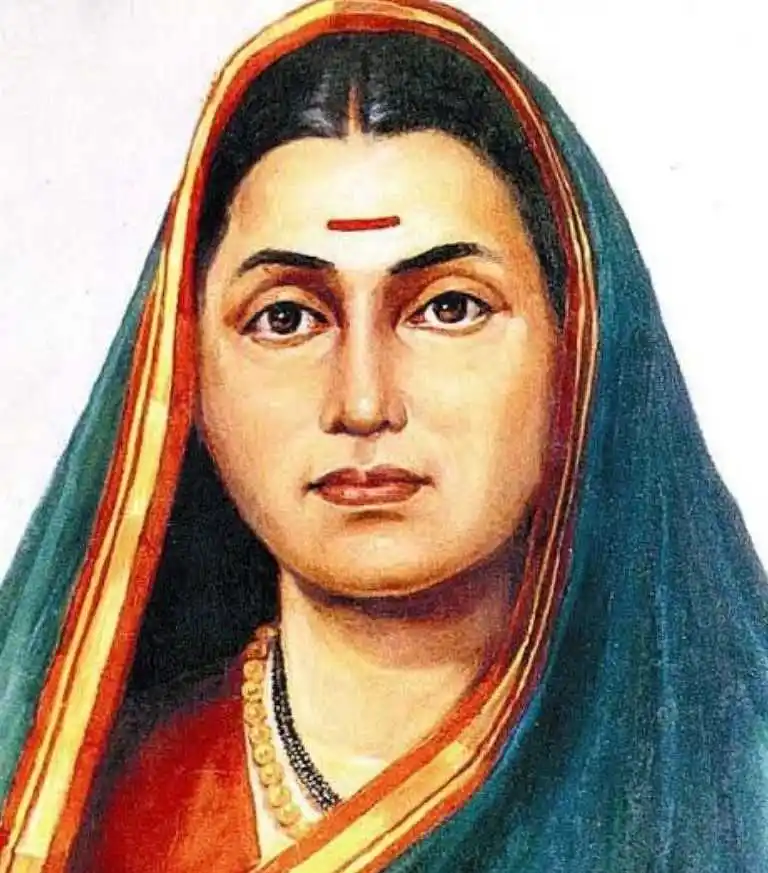
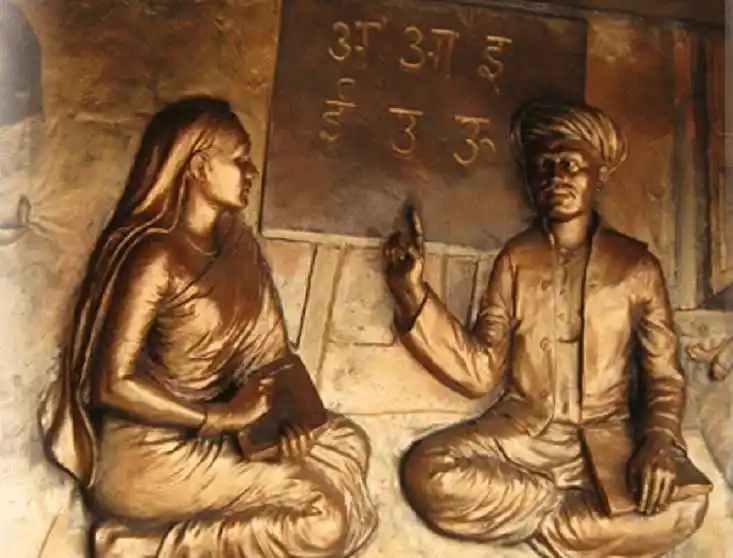
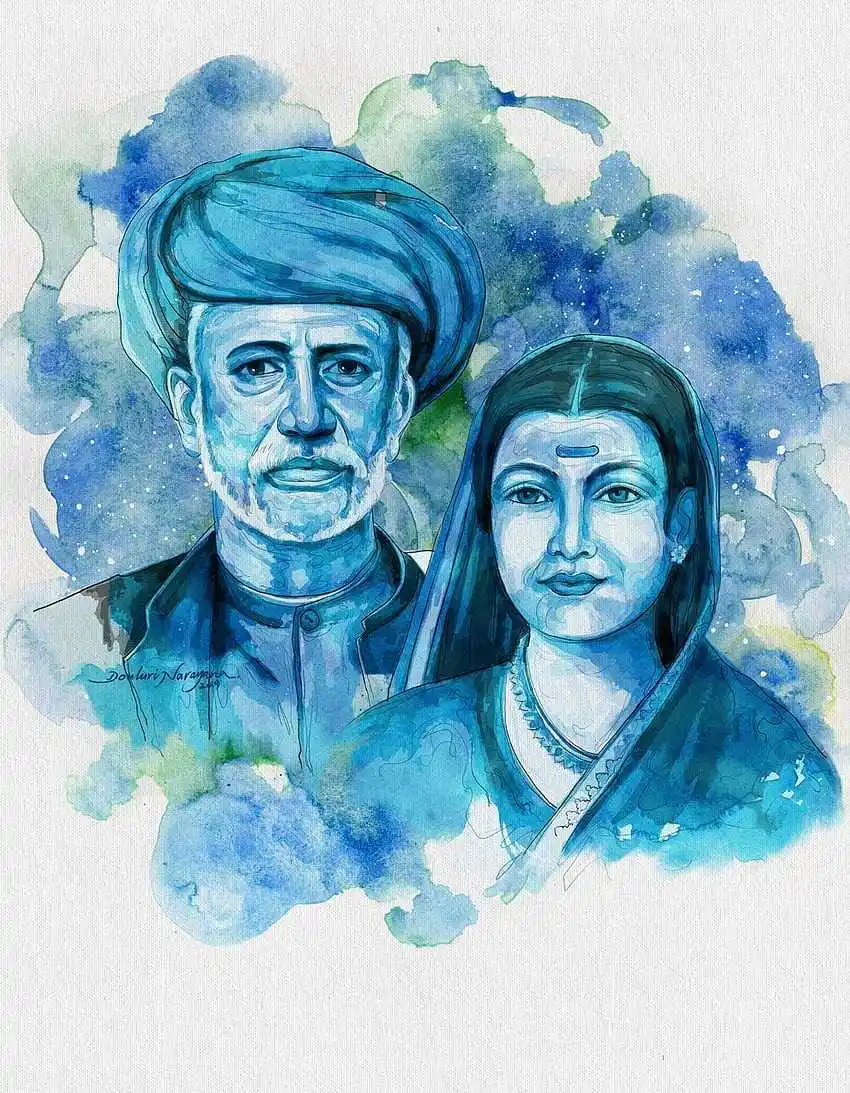
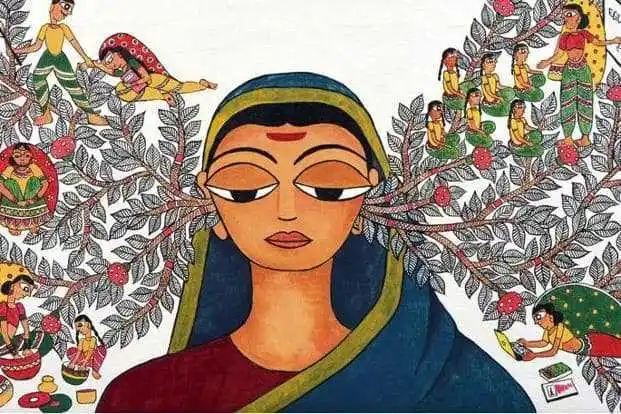
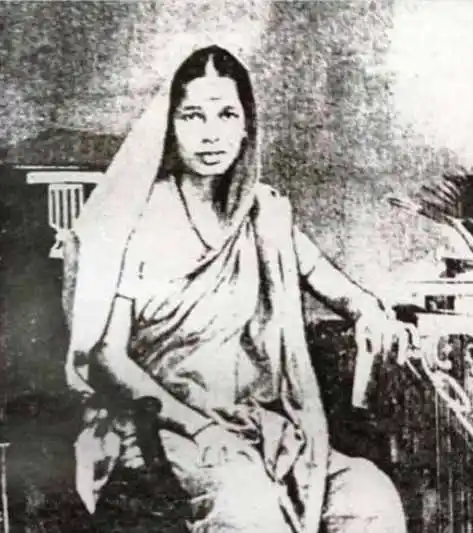
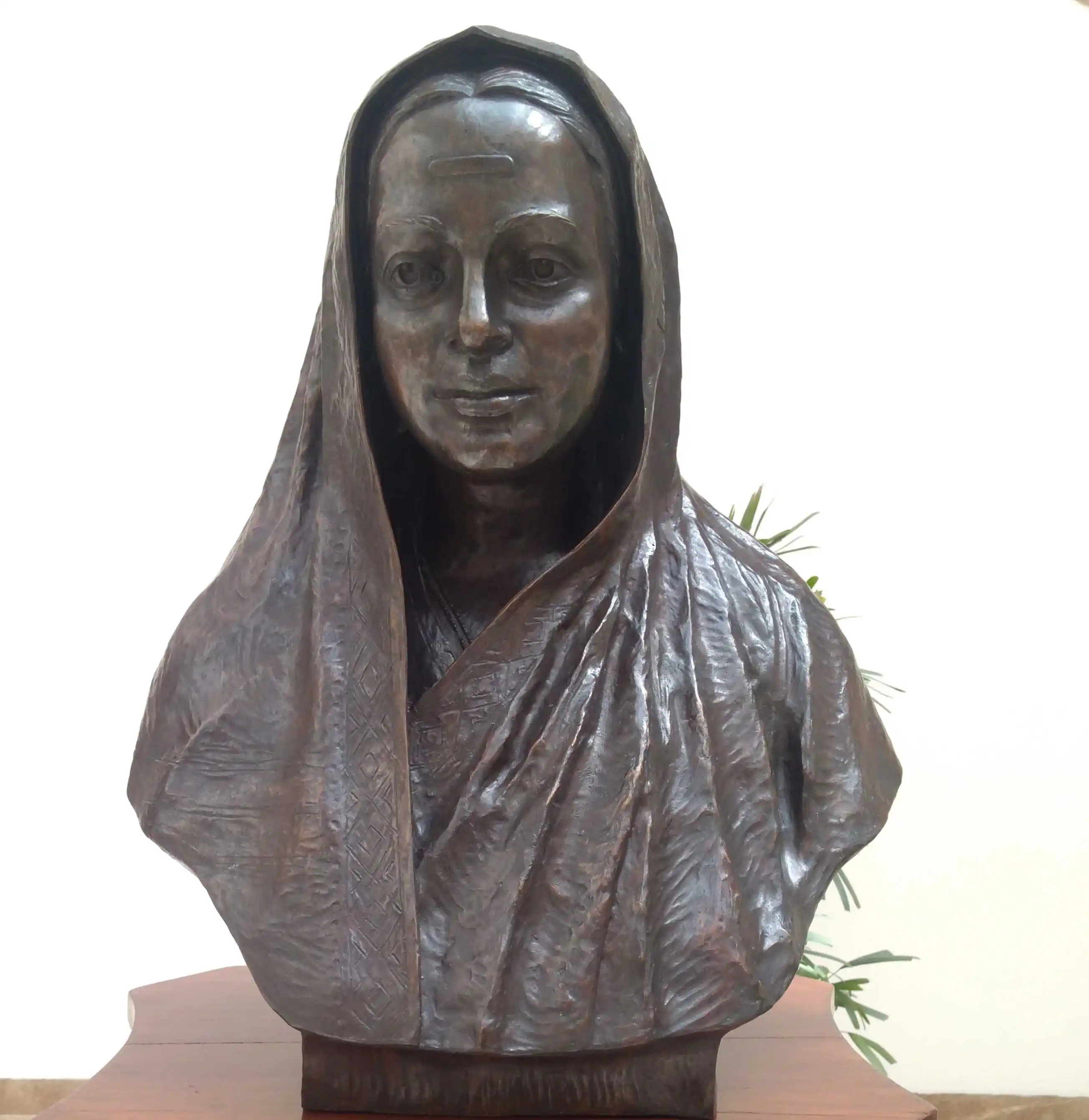
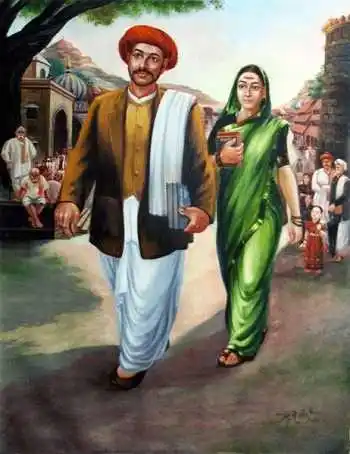
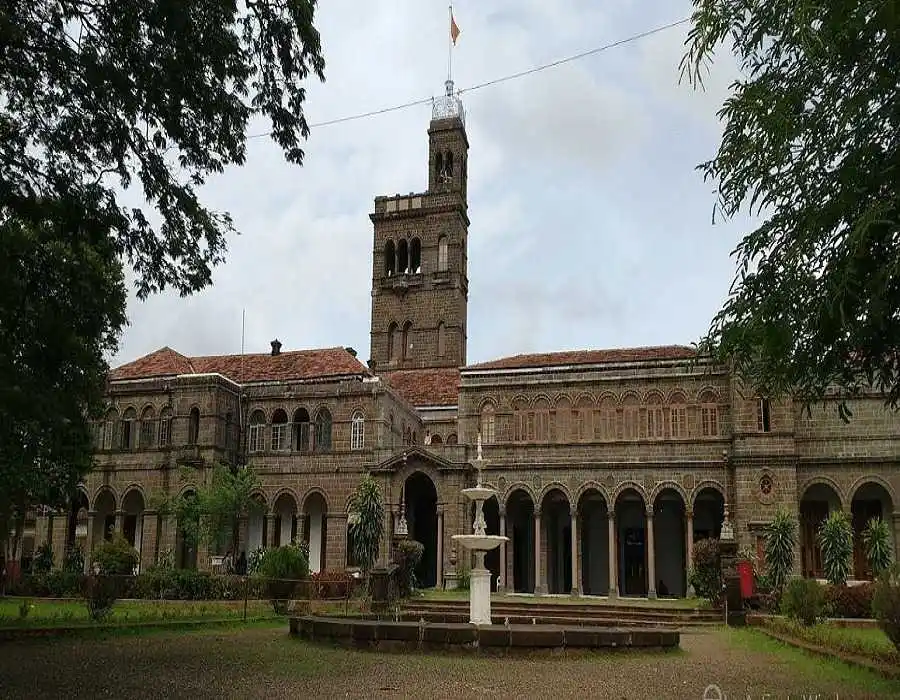
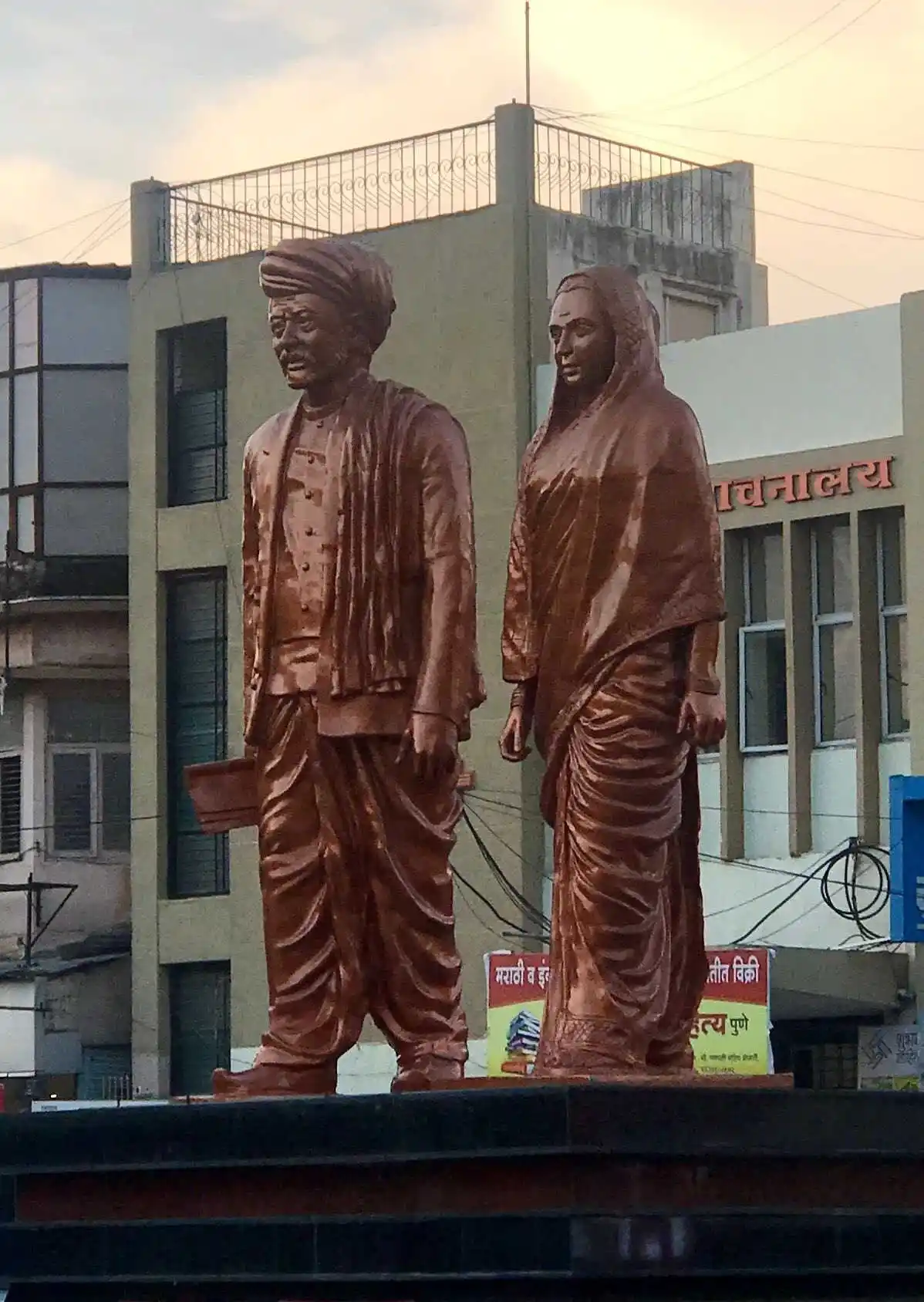
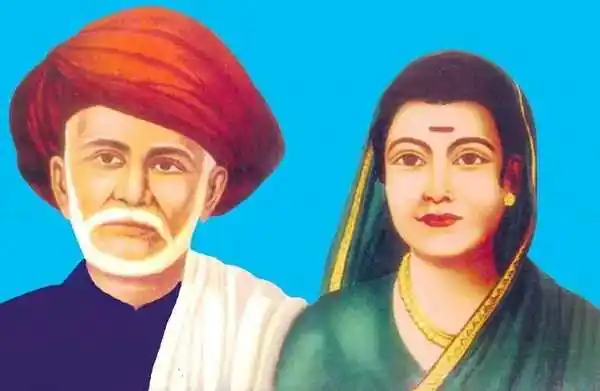
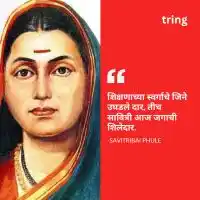
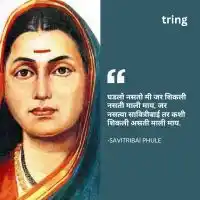
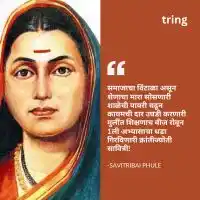
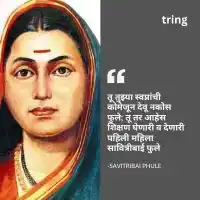
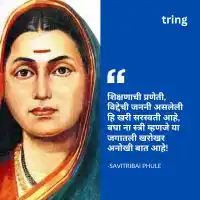




 We now support international payments
We now support international payments
